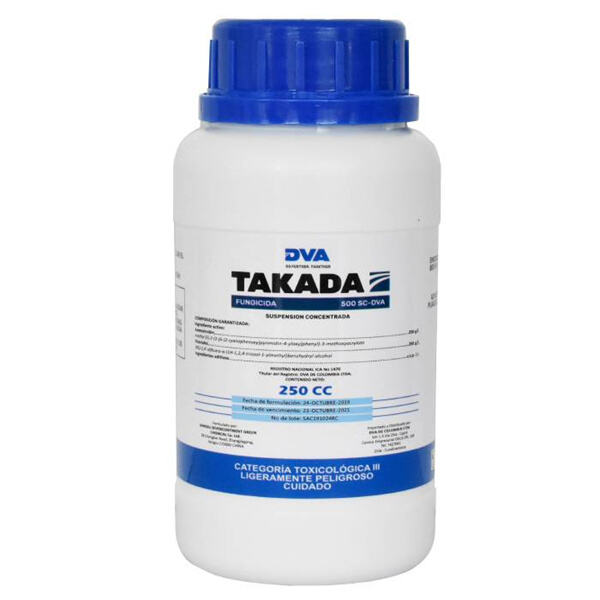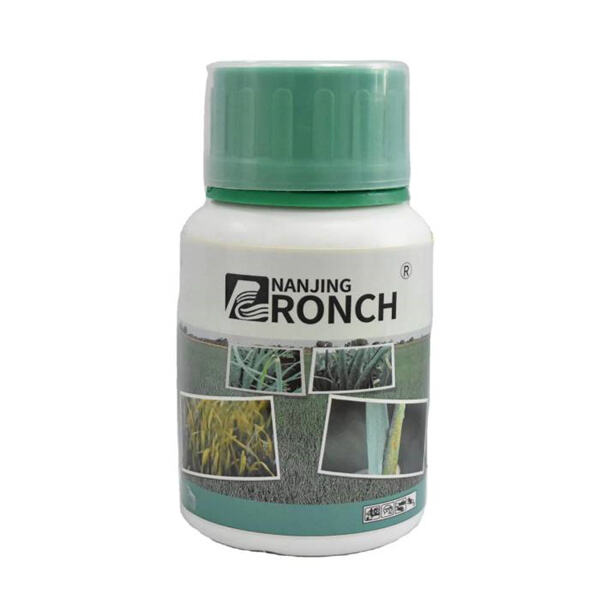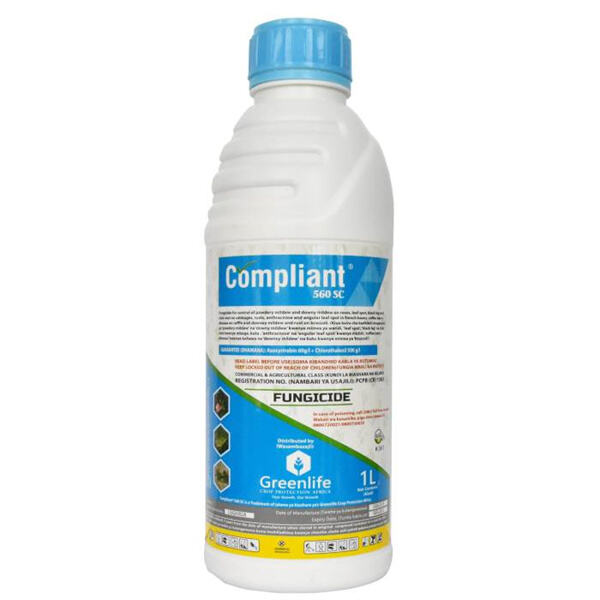Ronch Fungicide is a chemical made of something called fungus that helps plants to stay strong against disease. FungusFungus is a small thing that can cause disease to your plant and kill its growth. When plants become sick, they are unable to grow up big and strong. That is why the use of other chemical substances for this purpose, such as fungicides, will do so really get some plants to stay healthy and develop in their environment
Applying a permethrine is necessary because it creates an environment where plants are strong and healthy. Healthy plants grow better, and produce more fruits and vegetables. But if the plants are sick they get a fungus, and then don't grown properly; this means Little food for us! That's why farmers apply fungicide. Spaying fungicide can ensure that their plants stay healthy and keep growing. Growing healthy crops matter as well, since they allow farmers to earn more. Better harvests -> can feed more people in their community and beyond
Ronch Fungicide kill or inhibit the fungus that makes plants unwell. Symptoms can be expressed with things such as yellowing leaves, lesions of dark spots on the plant or wilting in which it seems limp and sick. These are the signals that farmers have been trained to look for, and they know when it is time to apply weed killer on this basis. Farmers can use fungicide by spraying it directly to the plants or mix into soil. This helps fungicide to better access the root and leaves of your plants so that they can soak up what they need

There are several things to consider for farmers when they use Ronch fungicide. The first thing they need to do is ensure that the fungicide they are using matches not only the plants but also suitable for the type of fungus. Treatment Of Diverse Plant And insecticide It can also be exacerbated if farmers do not apply fungicide at the right rate. If they do not use enough, then it might never actually work the way that it is supposed to but if they over-do-it a combination of two types at the same time instead of just one spray only for one variety-of which can be possible less than helpful & in fact lots worse toxicologically against maybe both your plants and whatever's ipping up them too Correct application is also imperative to avoid fungicide-induced collateral damage

Ronch Fungicide resistance management is critical to maintain the efficacy of cord over time. Resistance If fungicides are used too frequently A pathogen may become resistant to the material or mode of activity in the same way continually This implies that the fungicide will not be as effective against this fungus. Farmers can practice fungicide resistance management to prevent this from happening. This may include rotating the fungicides being applied, meaning that new kinds will be used over time or using different ways of control such as planting disease resistant crops. That way they can keep the fungi from becoming to powerful and stablish that treatments still work

New and improved Ronch fungicides are constantly being developed by researchers. Rather, they are busy trying to develop methods of producing newer and more field-effective, environmentally-safe fungicides. Which is crucial because we have to save our world and ensures that the plants stay alive, growing. They are also investigating other ways to manage plant diseases, so that we do not rely exclusively on herbicide. This might meant employing the cutting-edge method of genetic engineering to create disease-resistant plants, or it could involve finding natural enemies that can go head-to-head against the fungus
We are always waiting for your consultation.